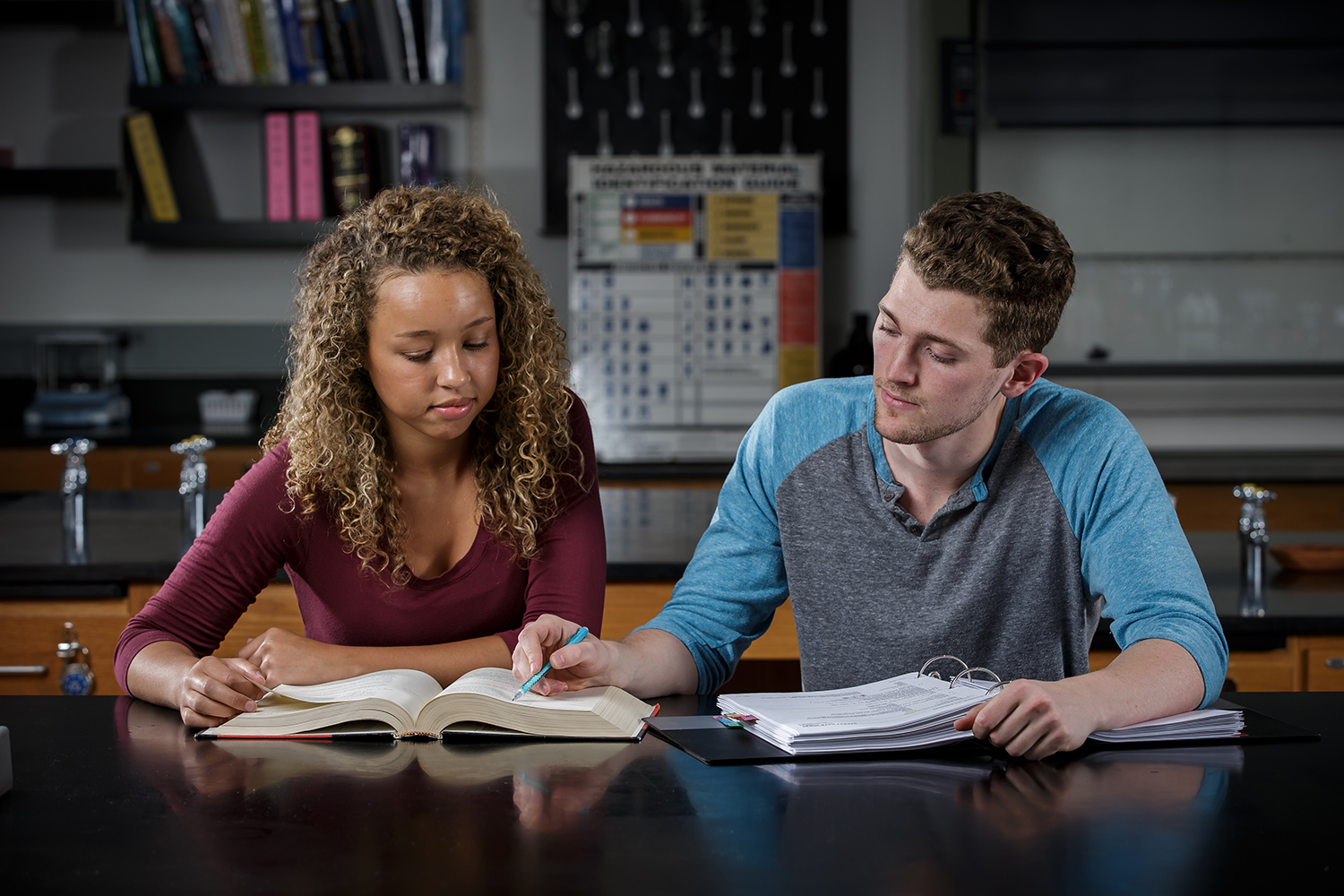English MA
- Master's
- MA
- In-Person
- Greeley
1.5 - 2 years
Program Overview
Do you love diving into great stories, analyzing powerful writing and exploring ideas through language? In the Master of Arts in English at UNC, you’ll gain the skills and experience to turn that passion into a thriving career.
Turn your passion for literature into career success
Our MA in English prepares you for careers in education, publishing, writing and beyond. Through small seminars, one-on-one faculty mentoring and hands-on teaching experience, you’ll develop the critical thinking, communication and research skills that employers value across industries.
What makes our program different
You’ll gain real classroom experience teaching college students — something most master’s programs don’t offer. You’ll work alongside faculty who are active scholars in their fields and dedicated mentors. And you’ll complete a thesis or capstone project that demonstrates your expertise to future employers or doctoral programs.
You’ll Need:
Application Materials:
- Completed online application ($50 fee waived for UNC students and alumni)
- Bachelor’s degree from an accredited college or university
- 3.0 GPA or higher
- Two letters of recommendation
- Statement of purpose (1-2 pages)
- Writing sample (at least 10 pages showing your analytical skills)
- Official transcripts
Good News: No GRE required!
Application Deadlines
We accept applications for fall and spring start dates:
- Spring term priority deadline: Nov. 1
- Fall term priority deadline: Feb. 15
Rolling admissions continue after priority dates.
The 30-credit program balances required coursework with flexible electives, letting you build expertise in the areas that match your career goals.
What You’ll Take:
- Foundation courses in graduate study and research methods
- Literature, language or cultural studies courses
- Rhetoric and composition coursework
- Professional skills development
- Electives in your areas of interest
Choose Your Final Project:
Finish your degree with the option that fits your plans:
- Comprehensive Exam: Demonstrate your knowledge across five focus areas through written exams
- Master’s Project: Create an original research paper, digital project, archival study, community-based project or teaching innovation that you’ll present publicly
Why Choose UNC for Your English MA?
Get Funding to Pay for Your Degree
About half of our students receive teaching or graduate assistantships that include tuition waivers and stipends. You'll gain valuable experience leading undergraduate writing classes or supporting department programs while earning your degree.
Choose Your Own Path
Shape your educational journey by selecting from three focus areas that reflect your passions, advance your research and expand your career opportunities.
Learn From Faculty Who Understand Your Goals
Small classes mean you'll work closely with accomplished professors who are actively publishing research. They'll mentor you through projects, help you present at conferences and support your career goals every step of the way.
Finish on Your Own Schedule
Complete Your Degree Your Way
Choose the final project that fits your career plans:
- Master’s Project: Create a research paper, creative work or applied project that showcases your expertise (3-12 credits)
- Comprehensive Exam: Demonstrate your knowledge through written exams over two days
- Extended Project: Spend a full year developing a substantial 12-credit research project

Where Can Your Degree Take You?
An MA in English opens more doors than you might think. Our graduates have built successful and satisfying careers in:
- Education: High school and college teaching, curriculum development, educational leadership
- Writing & Publishing: Editorial positions, content strategy, publishing, journalism
- Professional Fields: Marketing, communications, public relations, advertising, grant writing
- Advanced Study: PhD programs in literature, law school, library science, theology, business
- Nonprofit & Government: Communications roles, program coordination, policy writing
The skills you’ll gain – critical thinking, clear communication, research expertise and cultural awareness – are valued across nearly every industry.
Student Research Spotlight
Have Questions? We’re Here to Help!
English
The English Department gives students a chance to explore how language, culture, and stories mold the world. Our programs teach students critical thinking, how to ask questions, and develop skills for a wide range of careers.
- English@unco.edu
- (970) 351-2971
- Ross Hall, Room 1284


